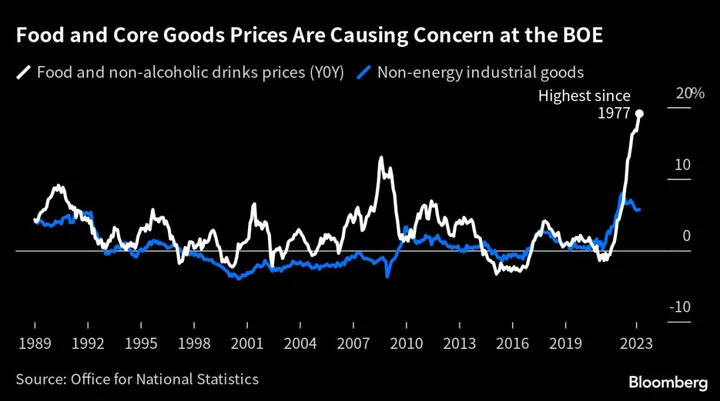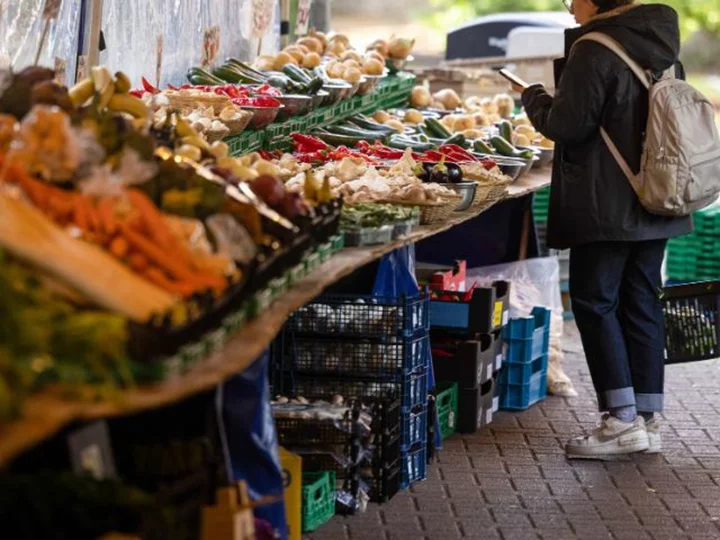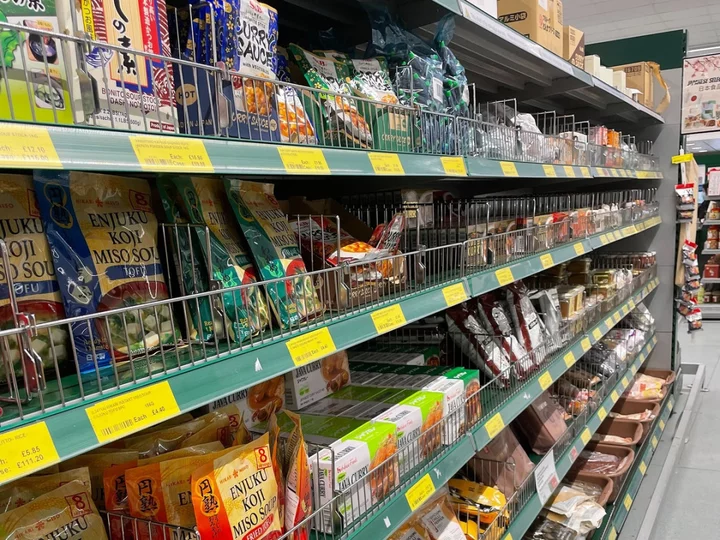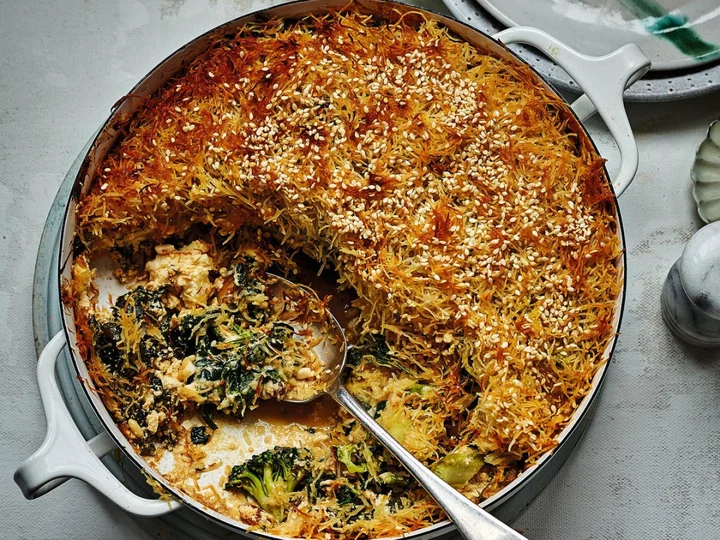Food has now displaced energy as the biggest cause of inflationary concern for the Bank of England, minutes from its latest rate-setting meeting revealed on Thursday.
After Russia invaded Ukraine in early 2022, prompting countries around the world to shun Russia’s fuel supplies, the resulting spike in the cost of energy sent inflation spiraling into the double digits.
Now, as energy costs are falling, it is food prices that are causing inflation to be stickier than expected. This is particularly troubling for low-income households, who spend a greater proportion of their salaries on essentials such as food and energy. It also places Prime Minister Rishi Sunak in a tricky position as he attempts to win over these voters ahead of a general election expected next year.
Read more: BOE Says 1.3 Million UK Borrowers Brace for Higher Mortgages (1)
“Food inflation has been particularly high, reaching 19.1%” in March, Bailey said in a press conference on Thursday following the announcement of a 12th consecutive hike in the Bank’s base rate. “We are acutely aware of how difficult this rise in food prices is for people, especially for those on lower incomes.”
Bailey said there were some signs that food price inflation would soon start to weaken, but this was taking “longer than we previously thought.”
Part of the problem was that the cause of the shock — a major war in Europe — was unprecedented in today’s modern, interconnected world. This meant the Bank had little past experience on which to base its forecasts for food prices.
In its latest economic forecasts, it predicted Consumer Price Index inflation would fall from the current 10.1% to its 2% target around three quarters later than it thought in February. “This predominantly reflects higher expected food price inflation,” the Bank said.
Read more: BOE Says 1.3 Million UK Borrowers Brace for Higher Mortgages (1)
It judged that food prices “will boost CPI inflation by around an additional 1 percentage point” in around a year-and-a-half, relative to the February Report, though added that “this is not expected to persist further out.”
“The sustained higher price level represents a long-term cost for households and businesses, and this is one driver of subdued economic activity over the forecast horizon,” the BOE’s Monetary Policy Report said.
Poor harvests due to bad weather, as well as the war in Ukraine and the resulting supply chain shocks, were driving up food prices, the Bank said in its latest Monetary Policy Report.
And while lower energy prices may start to bring down costs for food producers, it may take time for that to pass through to the consumer. The BOE noted that food producers often purchase their ingredients on fixed-term contracts, which can take time to reprice.
Meanwhile farmers often have to buy vital supplies months in advance — fertilizers, for example, may be purchased in autumn though the product is not ready to sell until harvest the following year.
The Bank’s network of agents, who speak to businesses around the country, also reported that many firms along the food supply chain had seen their profit margins squeezed in recent months — and that they may look to recoup some of these losses as their costs fall.
Read more:
- Sunak Risks Missing Inflation Target, Ex-BOE Official Says
- Britons Flock to Discount Grocers as Food Inflation Persists
- Surging UK Prices Defy Efforts by Sunak, BOE to Tame Inflation
--With assistance from Andrew Atkinson.









